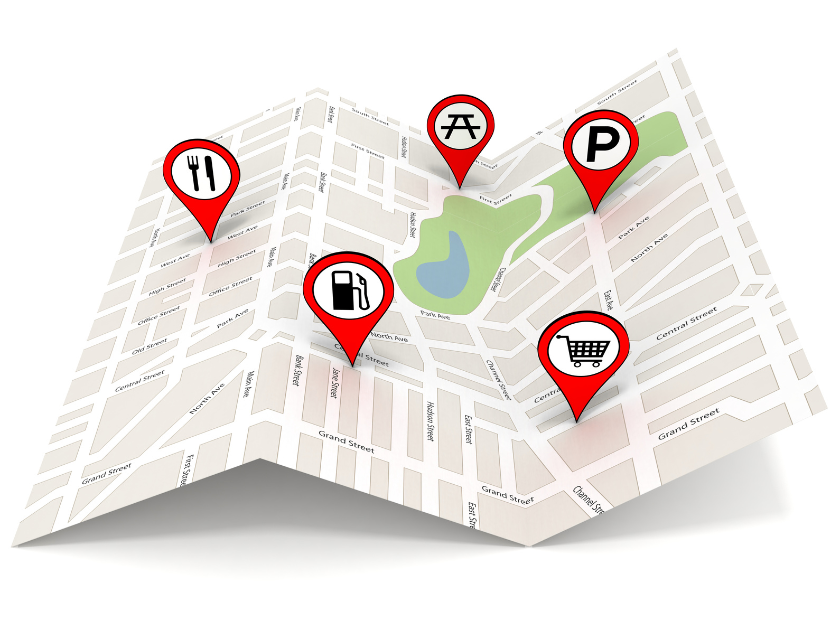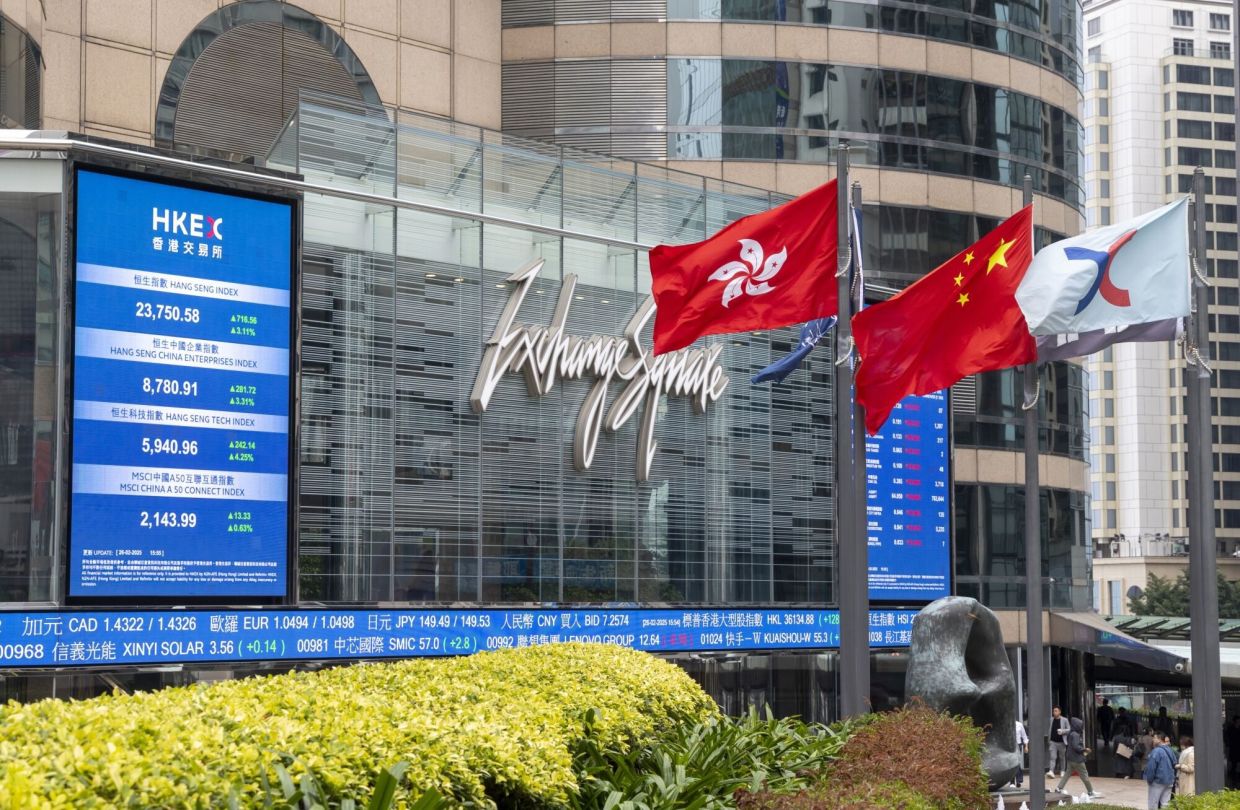The African continent, with its vast cultural diversity and rapidly growing economies, presents both immense opportunities and significant challenges for cross-border companies seeking to expand their reach. Among these challenges, translation issues stand out as a critical hurdle. With over 2,000 languages spoken across 54 countries, effective communication through accurate translation is not just a logistical necessity but a determinant of success or failure. This article explores the translation pitfalls that cross-border companies face in the African market, drawing on case studies and analyses to highlight the importance of professional translation services in navigating these complexities.
Africa’s linguistic diversity is unparalleled, with approximately 2,139 living languages, according to Ethnologue. This diversity is both a cultural asset and a commercial challenge. While languages like English, French, Arabic, and Portuguese serve as official languages in many countries, they are often not the primary means of communication for the majority of the population. For instance, in Nigeria, Africa’s most populous nation with 181 million people, English is the official language, but it is fluently spoken by only a small fraction of the population. The rest rely on indigenous languages such as Hausa, Yoruba, or Igbo. This linguistic fragmentation means that companies cannot rely solely on English or other colonial languages to connect with the broader market. Poorly translated materials can lead to misunderstandings, failed marketing campaigns, legal disputes, or even reputational damage. Thus, understanding and addressing the translation needs of local languages is crucial for any business aiming to succeed in Africa.
A notable example of the challenges faced by cross-border companies in Africa is Wal-Mart’s acquisition of Massmart in 2011. As the world’s largest retailer, Wal-Mart sought to expand into emerging markets, and Africa, with its growing middle class and increasing consumer demand, seemed like a promising frontier. However, the acquisition was fraught with difficulties, many of which stemmed from cultural and linguistic differences. One of the key issues was adapting Wal-Mart’s business model to the South African market. Massmart, a well-established retailer, had its own operational culture and customer base, which differed significantly from Wal-Mart’s U.S.-centric approach. Language played a pivotal role in this adaptation. While English is widely spoken in South Africa, the country has 11 official languages, including Zulu, Xhosa, and Afrikaans. Effective communication with employees, suppliers, and customers required translations that were not only accurate but also culturally sensitive.
Reports from the time of the acquisition highlighted tensions between Wal-Mart’s management and Massmart’s employees, partly due to communication barriers. Wal-Mart’s standardized policies and procedures, when translated, sometimes lost their intended meaning or were perceived as insensitive to local customs. For example, Wal-Mart’s strict adherence to its “Everyday Low Prices” strategy did not always align with local pricing practices, leading to confusion and resistance from suppliers and customers. Moreover, Wal-Mart’s initial approach to integrating Massmart involved significant layoffs and restructuring, which were poorly communicated due to translation issues. This led to labor disputes and negative publicity, further complicating Wal-Mart’s efforts to achieve a smooth transition. The case of Wal-Mart in Africa underscores the importance of not just translating but also localizing content to fit the cultural context. Translation here goes beyond word-for-word conversion; it requires an understanding of local idioms, cultural nuances, and business practices.
Beyond Wal-Mart, other companies have encountered similar translation challenges in Africa. For instance, Coca-Cola faced issues when its brand name “Coke” sounded like a word meaning “toilet” in certain African dialects. While this was more of a transliteration issue than a translation problem, it highlights the need for thorough linguistic research before entering new markets. Another example is MTN, a telecommunications giant operating in 18 African countries. MTN has had to navigate linguistic diversity by offering customer service and marketing materials in multiple languages, including English, French, Portuguese, and several local languages. The company’s success in Africa can be attributed, in part, to its investment in localized communication strategies.
Given the complexity of Africa’s linguistic landscape, professional translation services are indispensable for cross-border companies. These services go beyond simple translation; they provide localization, which involves adapting content to the cultural, social, and economic context of the target market. Professional translators who are native speakers of African languages can ensure that marketing materials, legal documents, and product labels are not only accurately translated but also culturally appropriate. For example, in many African cultures, direct communication is less common than in Western cultures, so marketing messages may need to be adjusted to reflect a more indirect or communal approach. Additionally, professional translation services can help companies comply with local regulations that may require documents to be translated into official languages. In South Africa, for instance, companies must provide certain documents in all 11 official languages, which necessitates a robust translation strategy.
In conclusion, the African market offers immense opportunities for cross-border companies, but success hinges on overcoming the significant translation challenges posed by the continent’s linguistic diversity. As illustrated by Wal-Mart’s experience and other examples, failing to address these challenges can lead to costly mistakes and missed opportunities. By investing in professional translation services and adopting a localized approach, companies can navigate these pitfalls and tap into the vast potential of the African market.
To navigate Africa's complex linguistic and cultural landscape effectively, professional localization is essential. Our team provides precise translation and adaptation services, ensuring your communications resonate accurately and avoid costly misinterpretations. Contact us for more information.











